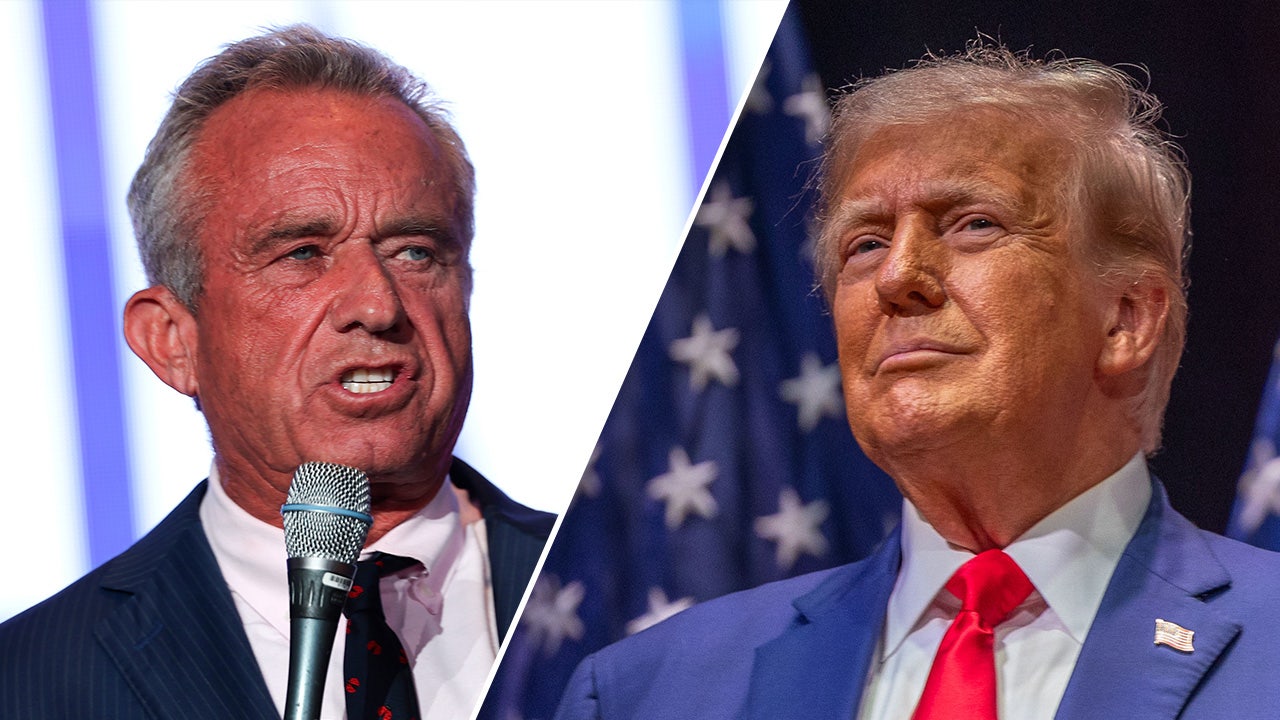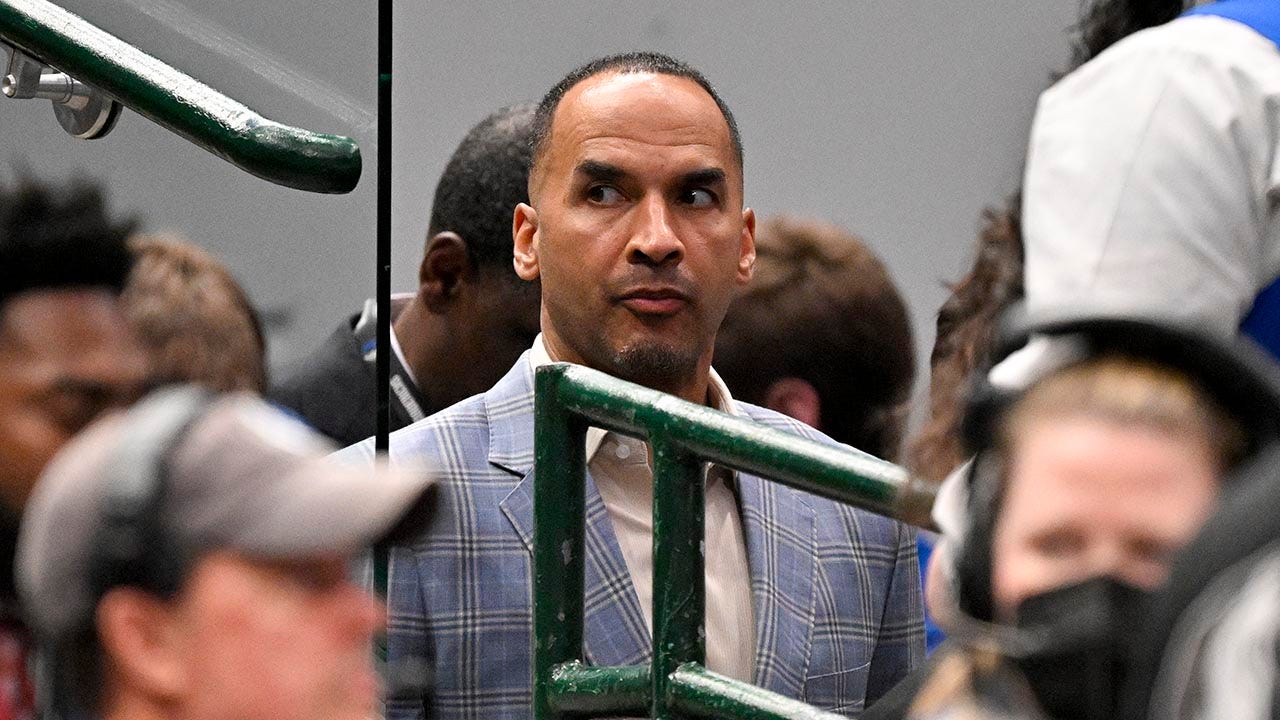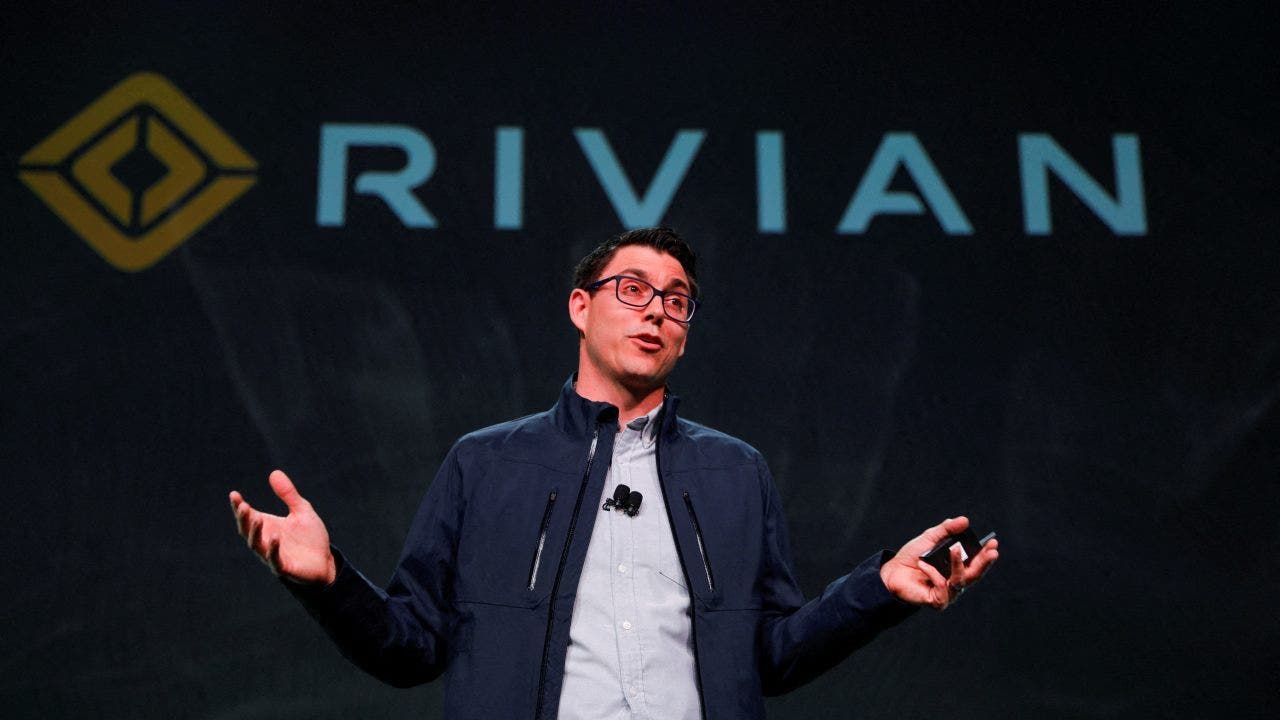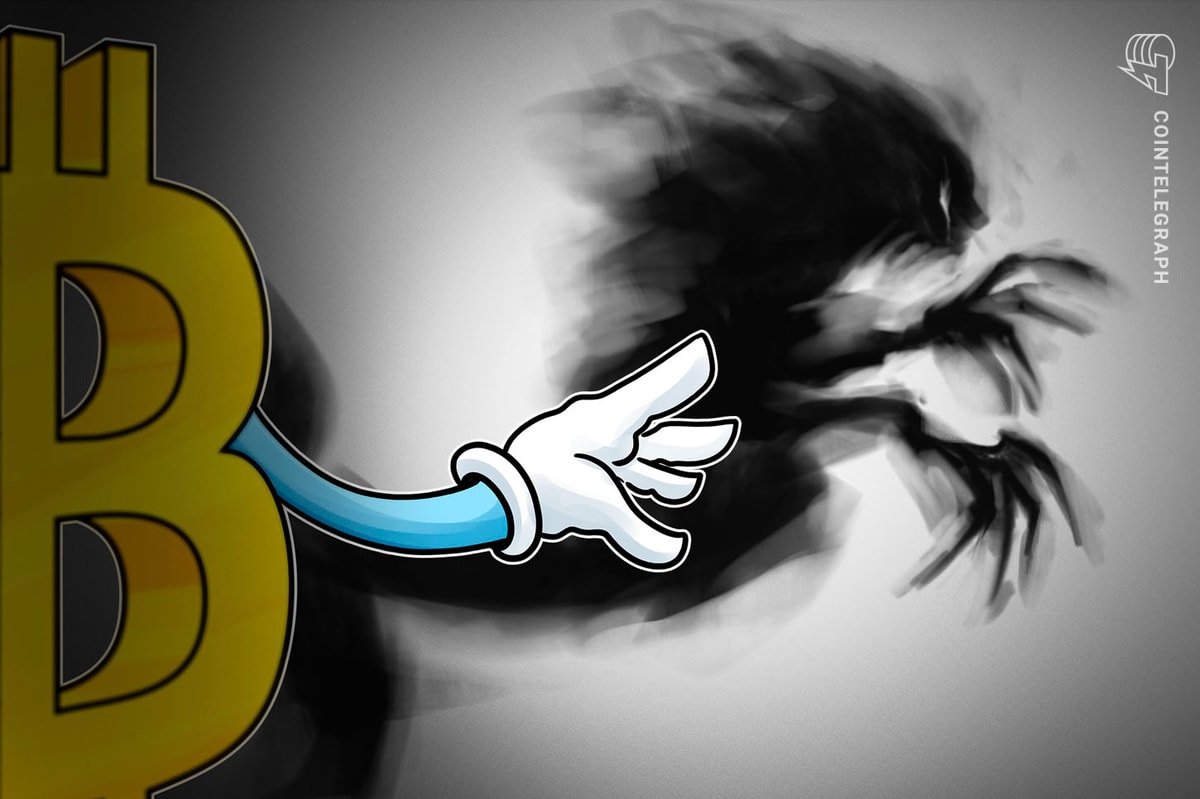Honda is weighing plans to move some of its automotive production from Canada and Mexico to the U.S. as the industry grapples with President Donald Trump’s latest tariffs.
The automaker’s goal is to ensure 90% of U.S. sales are with vehicles produced domestically, according to a report by Japanese newspaper Nikkei.
The company is specifically looking at potentially moving production of its CR-V and Civic vehicles to the U.S. to support this goal, according to the report. Over the next couple of years, the carmaker is looking to increase U.S. production by 30% by adding more employees and shifts to its U.S. operations for its CR-V and Civic models, the report said.
FOX Business reached out to Honda for comment.
HYUNDAI TO INVEST $20B IN US MANUFACTURING
This comes as Trump imposes tariffs on the auto industry to boost production in the U.S. The administration argued that foreign automobile industries have expanded due to “unfair subsidies and aggressive industrial policies” while “U.S. production has stagnated.”
Trump, who views tariffs as a way to bring in tax revenue to finance his plans for tax cuts while revitalizing domestic manufacturing, imposed a 25% tariff in April on all imported passenger vehicles. This includes sedans, SUVs, crossovers, minivans, cargo vans and light trucks.
It also hits key automobile parts such as engines, transmissions, powertrain parts and electrical components, though there are “processes to expand tariffs on additional parts if necessary,” the administration said.
APPLE UNVEILS HISTORIC $500B INVESTMENT IN US MANUFACTURING, INNOVATION: ‘BULLISH ON THE FUTURE’
The Trump administration is also planning to impose a separate 25% tariff on auto parts starting on May 3. Initially, parts that comply with the United States-Mexico-Canada Agreement (USMCA) will be exempt from the tariff, though the Commerce Department is expected to develop a plan to impose the tariff on non-U.S. components. The agency is also expected to establish a process for imposing tariffs on other auto parts by late June.
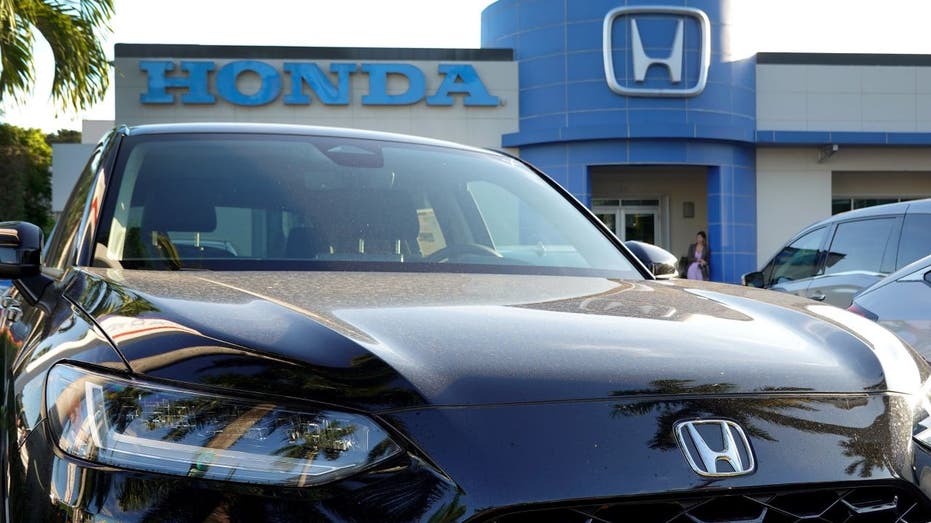
While the Trump administration has said tariffs would strengthen the U.S. automotive sector, car experts have argued that tariffs will exacerbate affordability issues regardless, especially since no vehicles are built or assembled with 100% domestically made parts, according to the National Automobile Dealers Association.
Honda isn’t the only automaker potentially shifting operations. Hyundai announced plans in March to invest $20 billion to bring manufacturing operations to the U.S.
Part of that investment, about $5.8 million, will go toward building a next-generation steel plant that will supply two of its U.S. plants and will employ over 1,400 people. The rest of the money will be earmarked to expand manufacturing in the U.S.
Nissan CEO Makoto Uchida suggested Trump’s tariffs could force the car manufacturer to shift its production outside of Mexico.
Read the full article here





